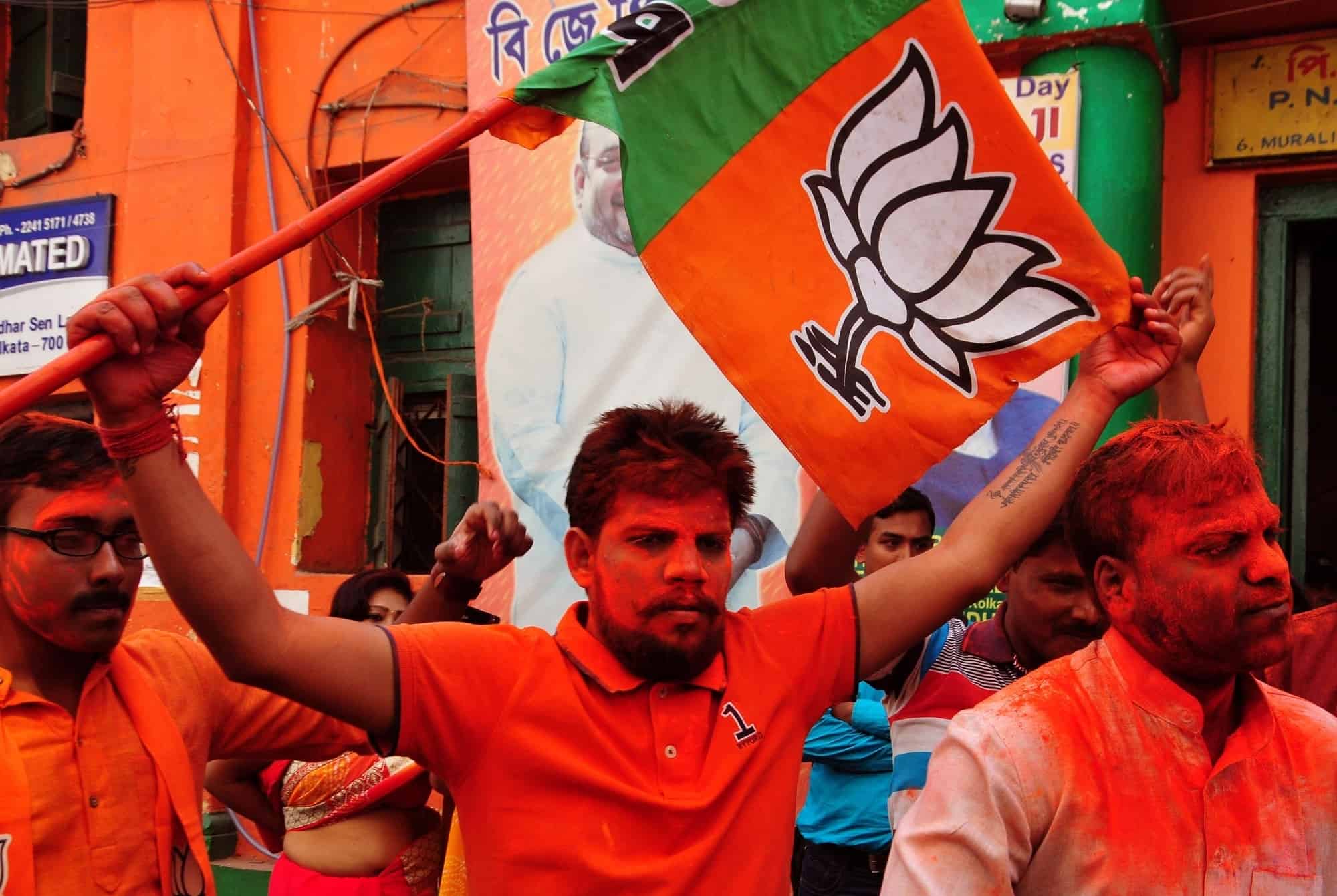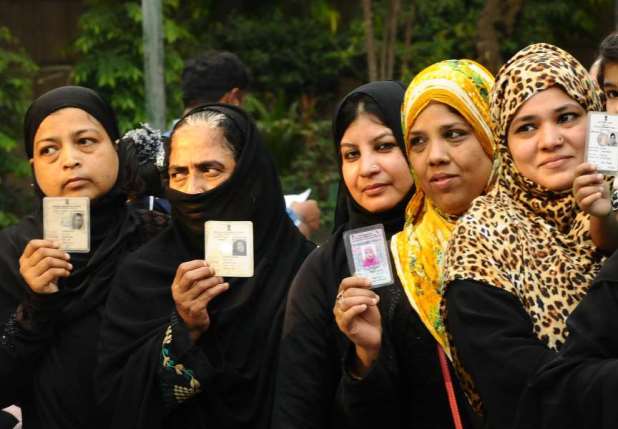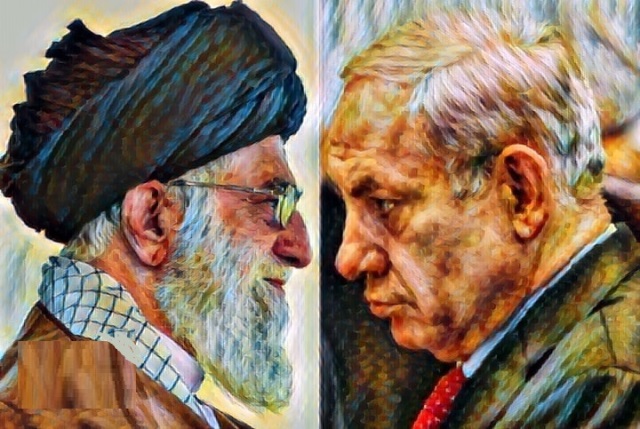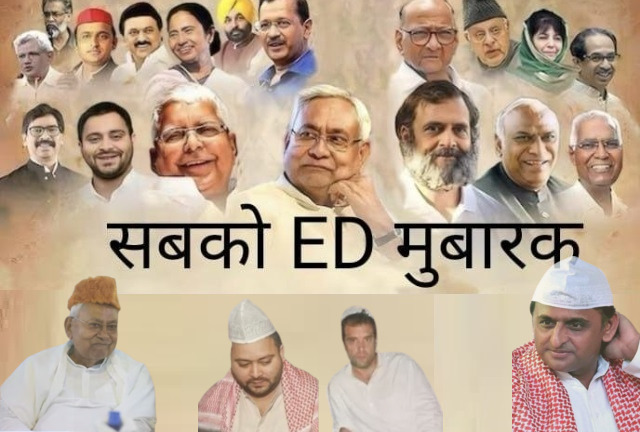
West Bengal Violence is a Symptom; Electoral Reform is Overdue Medicine
Back in 2011, in an United Nations Development Programme (UNDP) study entitled Understanding Electoral Violence in Asia, which covered seven countries, including India, it was observed that “the mere suspicion or allegation of fraud is often enough, in democracies where there is a lack of confidence in authorities, for people to react violently.” Ten years later, as violence rocked West Bengal during, and, more intensively, after the recent state Assembly elections, that statement could not be more relevant. In particular, it is the clause “in democracies where there is lack of confidence in authorities” that remains worrisomely relevant in several parts of India, including West Bengal.
Politics and elections in several Indian states so routinely have an additional third complement–violence–that the ordinary citizen takes it for granted, quite often cynically so. When there are elections, there will be the possibility of violence. No matter what the stripe or ideology of the political parties are. The UNDP report observed that in many cases, the political parties and their workers or supporters (or cadres, as they are called in India) were the ones who instigated the violence.
The recent outbreak of violence after the West Bengal elections is a key example. After the All-India Trinamool Congress (AITC) was re-elected to power for the third time, violence claimed 15-20 lives, depending on the estimates you believe, in a matter of days. Much of the violence was in the form of vendetta after an election that was marked by acutely aggressive campaigns between the two biggest contenders–AITC and the Bharatiya Janata Party (BJP), which rules at the national level in India under Prime Minister Narendra Modi. To be sure, there were also reports of violent incidents before the elections when campaigning by different political parties was underway.
At the time of writing, a week had passed after the election results in West Bengal had been announced, and the state’s third-time chief minister, Ms Mamata Banerjee, had already formed her new council of ministers, but the violence in her state was yet to abate. In fact, even though she visited the worst-affected parts of the state and appealed to her party workers and others to put a stop to violence, such incidents were still continuing.
The UNDP study had observed that election disorder is often also caused by the state itself. When security forces are partisan or corrupt, it is often the case that they fail to prevent election-related violence. In fact, in some cases, they can even turn out to be “purveyors of violence rather than protectors of peace”, the study observed. To anyone who has been aware of the way election-related violence spreads in India that statement will ring true.
Ten years after the UNDP report, which also talked about how sections of the media that are controlled by special interest groups can lead to violent incidents, today there is the new threat of social media that can fuel violence and aggression. A significant proportion of “fake news” was found to be partly responsible for some of the violence in the aftermath of the West Bengal election, adding to the inflammatory statements by politicians and community leaders.
In West Bengal, the BJP has claimed that the violence was directed at its party workers and supporters who were targeted after the party lost in the elections (although it managed to garner more votes than it has ever had in the state in previous elections). The fact is that the violence that broke out in West Bengal is not especially unique. In states such as Uttar Pradesh or Bihar, where BJP governments are in power, incidents of violence–both pre and post-poll–are not rare. Communal clashes preceded elections in states such as those in the past as parties sought to gain support from different communities. The involvement of anti-social elements such as criminal gangs is not uncommon during elections as many political parties use or deploy them in activities that include coercion of voters or suppression of dissent.
The UNDP study suggested several key measures to prevent electoral violence. One of these was the strengthening of election credibility. In countries such as India, where election fraud, corruption, and violence have become an integral part of the democratic system, the onus is on political parties to clean up the system.
Bodies such as those that oversee the election process need further strengthening; election commissions such as those at the central and state levels in India, need to be more powerful; political spending needs to be monitored more diligently; and perpetrators of violence need to be brought to justice swiftly.
Elections are an integral part of democracy, providing people the process and system for choosing those that they think are best suited to make laws and govern them. In India, which is one of the most complex countries to govern because of its vastness in terms of area and population; and diversity, holding elections are not easy. In India, the size of the electorate (the number of people eligible to vote) is 900 million, which is nearly 12% of the world’s population. But daunting as the task may seem, it is also the very reason that India’s elections need to be peaceful, fair, and clean. What happened in West Bengal should not be a precedent but, instead, be a reason for electoral reforms.




- The Sanjoy Narayan article is an important commentary on how violence, which is so much part of pre and post elections in many Indian states, including West Bengal where BJP, in spite of committing all the resources at its command to snatch power from its bete noire Mamata Banerjee had to eat a humble pie, gives a bad name to the state of democracy in our country. What is perhaps most unfortunate is the erosion of the image of Election Commission as an independent purveyor of the process of election. The country is longing for CEC of the kind of Sukumar Sen and TN Seshan. Well Cambridge educated and disciple of Rabindranath Tagore and Mahatma Gandhi Jawaharlal Nehru could not think of interfering with the work of EC. And Seshan, earlier Cabinet Secretary, in his capacity as CEC showed the kind of spine that this country wants to see in people holding the office. Alas, this is not the case. Electoral reforms, as Narayan suggests, are what the country, if it is to be seen as an ideal democracy and not only as the biggest, needs.